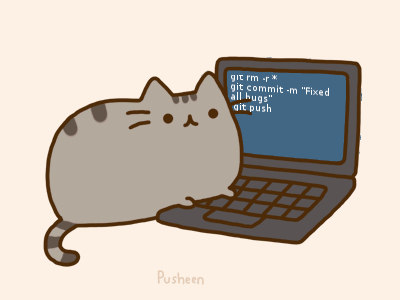package main
import (
"fmt"
"os"
"time"
)
var (
text = "recall 74 by radic, recall 0 by milvus_short, recall 0 by milvus_long\n"
)
// 带缓存的FileWriter
type BufferedFileWriter struct {
cache []byte //缓存的内容
cacheEndIndex int //cache里有效内容的结束位置
fout *os.File //文件句柄
}
func NewWriter(ft *os.File, cacheSize int) *BufferedFileWriter {
return &BufferedFileWriter{
cache: make([]byte, cacheSize), //len=cap=cacheSize
cacheEndIndex: 0,
fout: ft,
}
}
// 向文件中写入内容。(大概率只是写入了缓存,还没有真正写入磁盘)
func (w *BufferedFileWriter) WriteByte(cont []byte) {
if len(cont) >= len(w.cache) { //要写的内容比缓存空间还要大,则直接把cont写到文件里去
w.Flush()
w.fout.Write(cont)
} else {
//先预判cache能否容下cont
if w.cacheEndIndex+len(cont) > len(w.cache) { //不能容下
w.Flush()
}
// append2(w.cache, w.cacheEndIndex, cont)
copy(w.cache[w.cacheEndIndex:], cont) //golang内置的copy函数功能上等价于自己写的append2函数,但比append2函数更高效
w.cacheEndIndex += len(cont)
}
}
// 把cache里的内容全部写入磁盘文件
func (w *BufferedFileWriter) Flush() {
w.fout.Write(w.cache[:w.cacheEndIndex]) //把cache里的内容写入文件
w.cacheEndIndex = 0 //清空cache
}
// 把src拷贝到dest[index:]里去
func append2(dest []byte, index int, src []byte) {
for i := 0; i < len(src); i++ {
dest[index+i] = src[i]
}
}
// 向文件中写入内容。(大概率只是写入了缓存,还没有真正写入磁盘)
func (writer *BufferedFileWriter) WriteString(content string) {
writer.WriteByte([]byte(content))
}
// 直接写文件
func WriteDirect(outFile string) {
fout, err := os.OpenFile(outFile, os.O_CREATE|os.O_TRUNC|os.O_WRONLY, 0666)
if err != nil {
panic(err)
}
defer fout.Close()
for i := 0; i < 10000; i++ {
fout.WriteString(text)
}
}
// 带缓冲写文件
func WriteWithBuffer(outFile string) {
fout, err := os.OpenFile(outFile, os.O_CREATE|os.O_TRUNC|os.O_WRONLY, 0666)
if err != nil {
panic(err)
}
defer fout.Close()
writer := NewWriter(fout, 4096)
defer writer.Flush() //最后,务必把缓存里残留的内容写入磁盘
for i := 0; i < 10000; i++ {
writer.WriteString(text)
}
}
func main3() {
begin := time.Now()
// WriteDirect("file/data/a.txt") //耗时24ms
WriteWithBuffer("file/data/b.txt") //耗时2ms
fmt.Printf(" %dms\n", time.Since(begin).Milliseconds())
}
© 2025 Echo
200字
golang-IO缓冲

